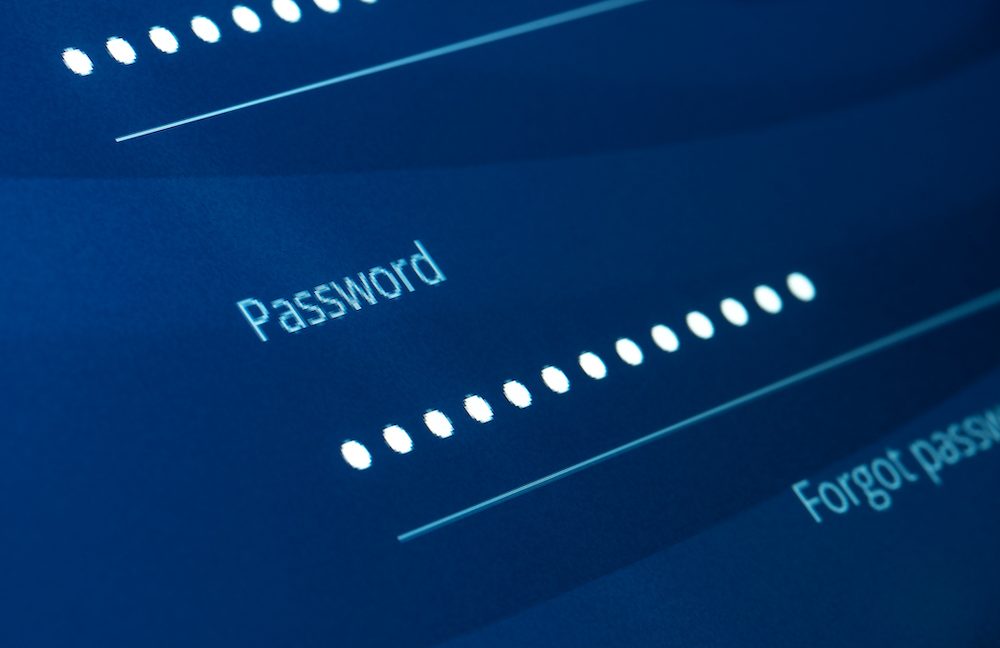
One of the oldest maxims in hacking is that once an attacker has physical access to a device, it’s game over for its security. The basis is sound. It doesn’t matter how locked down a phone, computer, or other machine is; if someone intent on hacking it gains the ability to physically manipulate it, the chances of success are all but guaranteed.
In the age of cloud computing, this widely accepted principle is no longer universally true. Some of the world’s most sensitive information—health records, financial account information, sealed legal documents, and the like—now often resides on servers that receive day-to-day maintenance from unknown administrators working in cloud centers thousands of miles from the companies responsible for safeguarding it.
Bad (RAM) to the bone
In response, chipmakers have begun baking protections into their silicon to provide assurances that even if a server has been physically tampered with or infected with malware, sensitive data funneled through virtual machines can’t be accessed without an encryption key that’s known only to the VM administrator. Under this scenario, admins inside the cloud provider, law enforcement agencies with a court warrant, and hackers who manage to compromise the server are out of luck.
Reference : https://ift.tt/2TER6d1
No comments:
Post a Comment